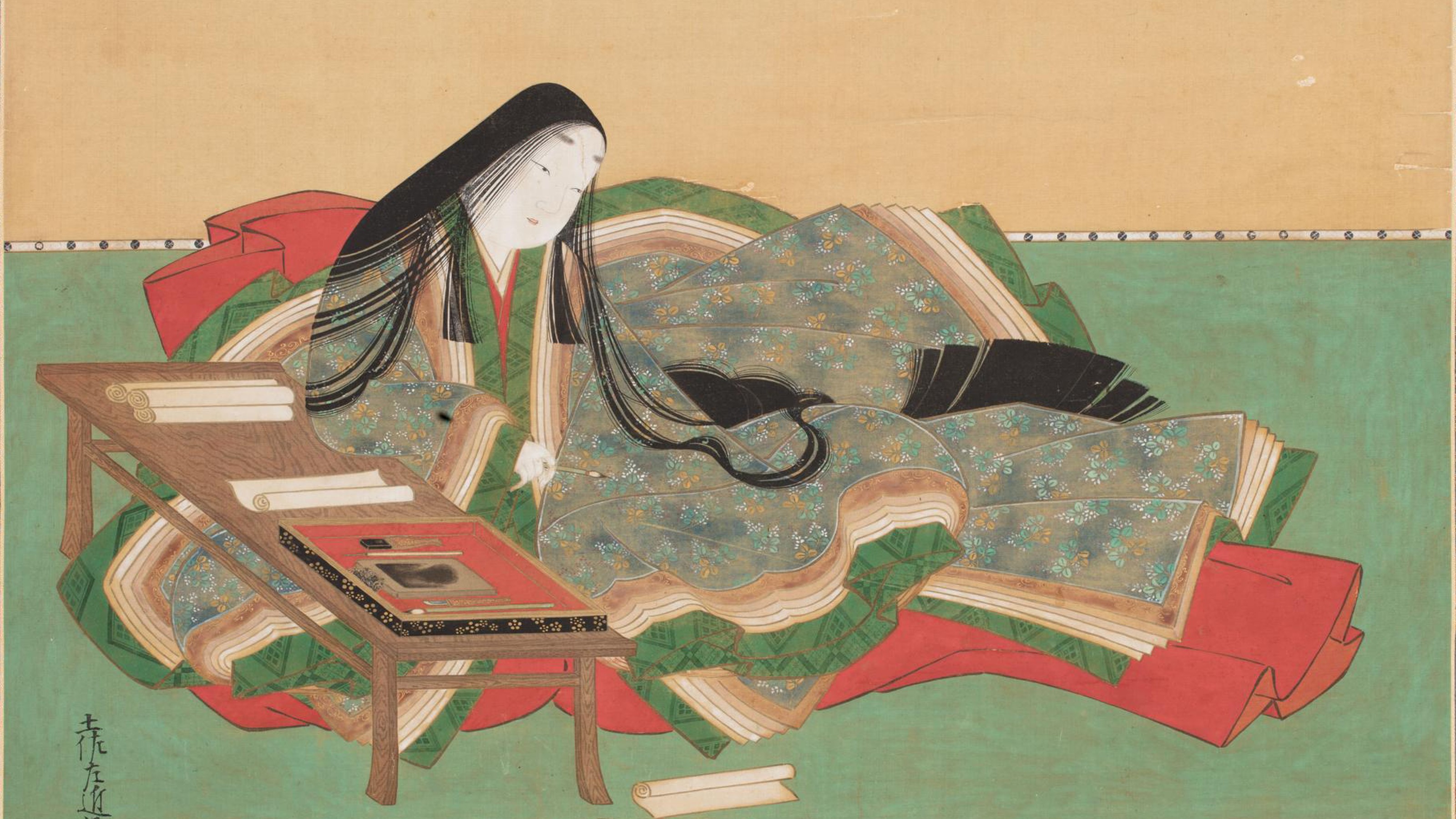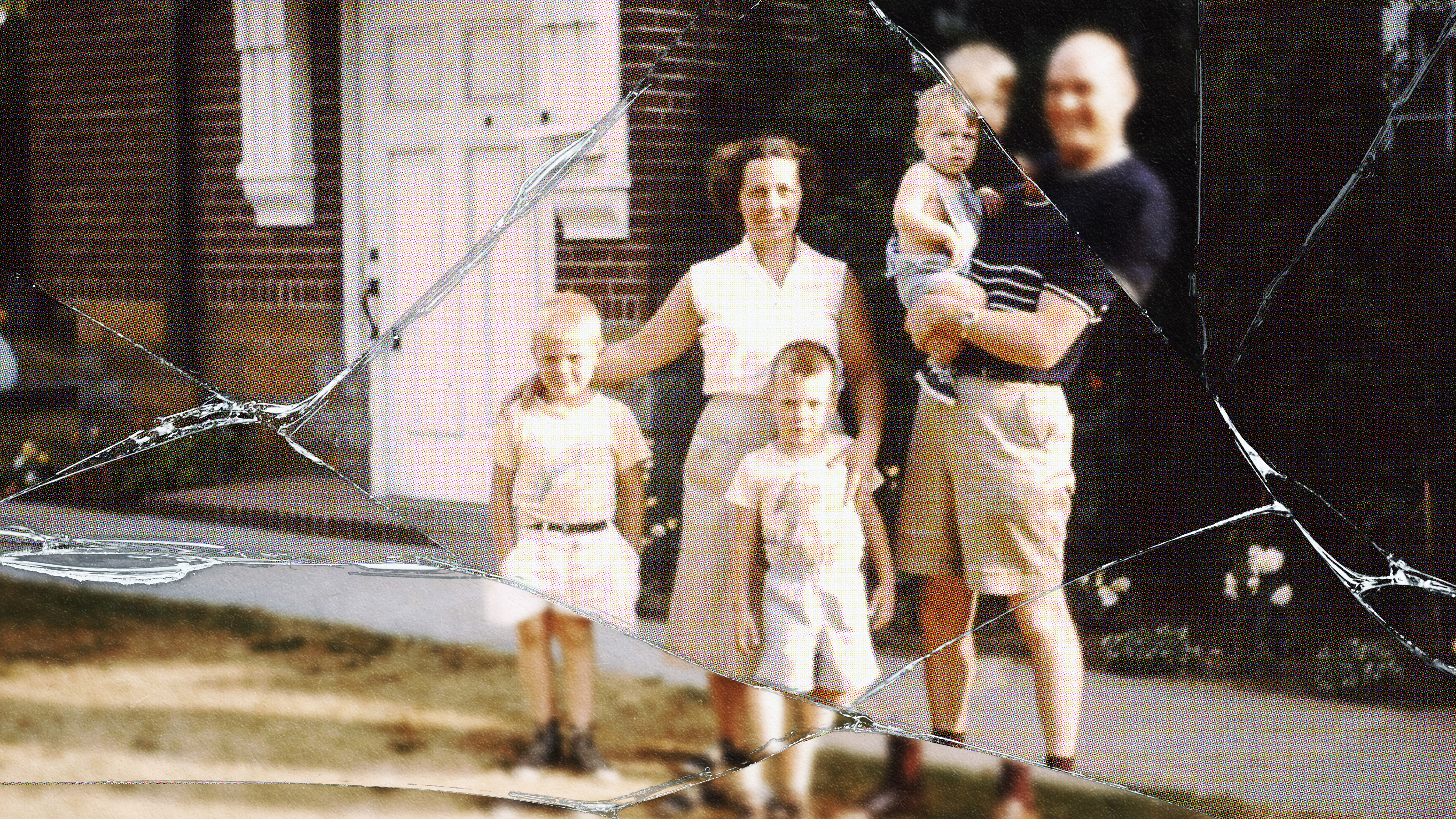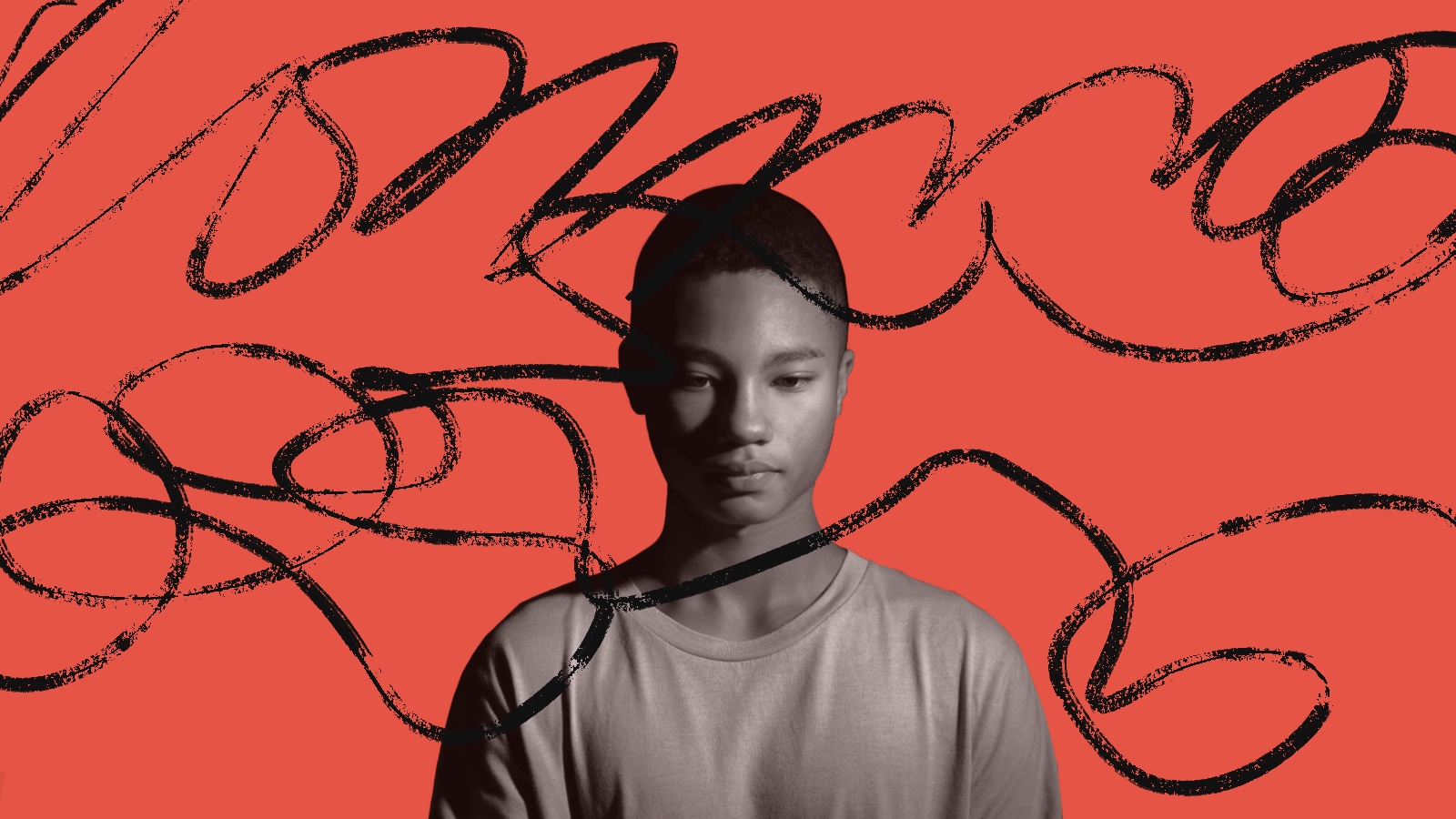We were once headed toward a more egalitarian society, Walzer says.
Question: What are the greatest inequalities in the American political system?
Michael Walzer: Well, no, obviously, we have a society of growing inequality. If you look at the graphs just of income and wealth distribution--in the time that I was growing up America was becoming a more egalitarian society, from sometime in the 30s to the late 60s. It was slow progress, but it was progress toward a more egalitarian distribution both of income and of wealth. Since then we have become in radically unequal, and some of the disparities are a quite amazing. And those kinds of inequalities of wealth and income are convertible into inequalities in the legal system, inequalities in the political system, inequalities in the educational system. We know what wealth can buy in the United States or anywhere where it is set free, as it is standardly in a capitalist system, so we are not an equitable society, and we have not become...and we have become less rather than more equitable over the last decade.





